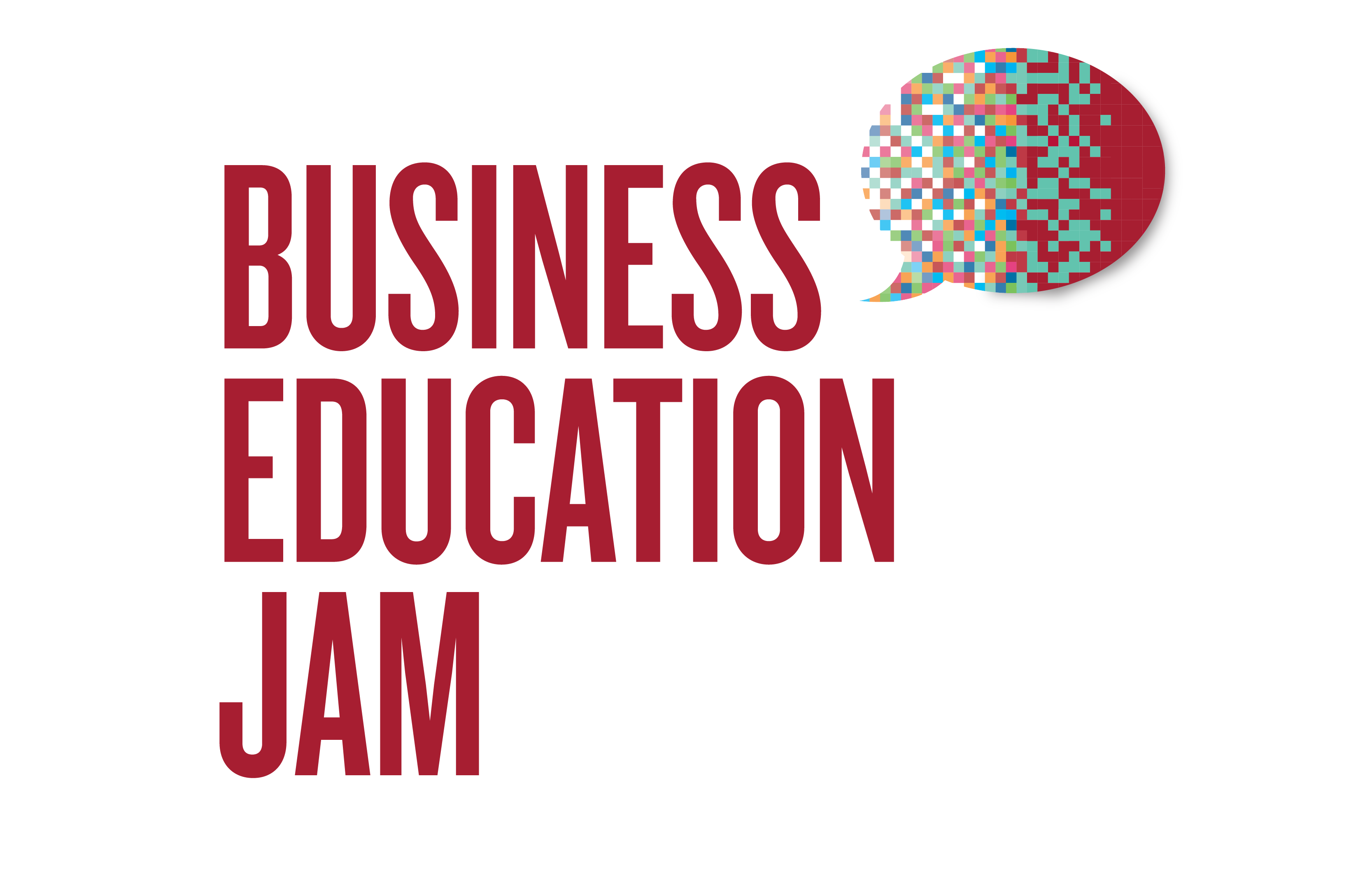Jason Lawrence, Director, Market Development of East Asia, Graduate Management Admission Council

It seems like everyone is content to have matriculated from the University of Google these days. With the advent of the Internet and the habit of turning to the search engine giant for instant answers—from the best spot for roti prata to a crash course on mining cryptocurrency, students tend to rely heavily on the immediacy of online information gathering. This worrying trend is set to threaten the current model of business education, says Jason Lawrence, director, market development – East Asia at the Graduate Management Admission Council.
“Technology poses the biggest threat,” says Jason, who will be a panelist at the upcoming Business Education Jam: Singapore 2018 held at SMU.
“It is great that we have instant access to information, but the question is whether that information translates into actual learning and understanding.”
The Business Education Jam: Singapore 2018, which will take place on 28 August 2018, is a global dialogue on advancing business education.
Jason, who has extensive Asian experience in graduate management education and professional education and training, explains that such a diet of instantaneous, unverified information may come at the expense of analytical thought and rigorous research that is synonymous with the higher education experience.
“You can ‘Google’ a question and get myriad answers, but the issue of how accurate the information is arises because almost everyone has access to the Internet and is allowed to post answers and opinions,” says Jason, who works at GMAC, a global association of graduate business schools.
“This hence lies in opposition to traditional business school education because it makes use of case studies and explores the development of practical competencies such as presentation skills to educate students and equip students with the essential tools to excel in the business world.”
With advancement in technology, the way people consume information changes and this might be detrimental to the traditional model of business school education, he adds.
An ongoing pursuit of knowledge
The business world and, consequently, business education, is in constant flux with lightning speed changes in technology and world affairs. While traditional education was rooted in long established models and curricular, teaching methodology and ideology are also up for a transformation to reflect the realm beyond academia.
“On top of schools needing to stay relevant, the speed at which they change and evolve is also important as business trends are going through constant fluctuations,” adds Jason, who is based in Hong Kong.
“The Singapore government is the first in the world to address the issue of life-long learning and because of the different ways people are taking in information, schools need to take into account how fast they can keep up and ensure that both their practical lectures and lessons and also virtual classrooms keeps up with the changes.”
Rather than stick doggedly to two- or three-year programmes, business schools may need to consider how they can remain a part of a graduate’s quest for updated information long after their programme has reached its completion—because today’s student is one for life, not just for a couple of courses or semesters.
Retaining relevance
In order to remain connected with and make an impact on the world beyond the cloistered confines of a campus, academics will have to be immersed in industry, governmental and political developments in the region and beyond. This will allow educators to always be on the pulse on the latest innovations and instill in students a love for lifelong learning.
“Most schools have an idea or are tracking what’s going on in the real world,” says Jason.
“They will need to enable students to walk out with a certain mindset to analyse things from a different perspective. A lot of the things a student learns might not be relevant on a daily basis, but the analytical skills you get will still be relevant. So take those analytical and critical skills and make sure to keep reading, keep yourself updated.”
And it is for this very reason that Jason is looking forward to the Business Education Jam: Being able to learn first-hand the issues and challenges that industry players are facing so he can better encourage students to pursue a business education.
“I’m definitely looking forward to more sharing of ideas and hearing insights from other participants and panelists such as Gerard George, Dean of LKCSB,” says Jason.
“I’m also looking forward to hearing some questions candidates might have in terms of modern day business school education and also hoping to litigate some of their concerns.”
How will the traditional model of business education be disrupted in Asia? Hear from our panel comprising of Gerry George – Dean of the SMU Lee Kong Chian School of Business, Georgina O’Brien – Head of LinkedIn Learning Asia, Kris Sasitharan – Global HR Business Partner, Standard Chartered Bank and Jason Lawrence – Director of Market Development in North Asia from GMAC in the Business Education Jam: Singapore 2018.
Join us on Facebook Live this 28 August 2018, 4pm SGT.


